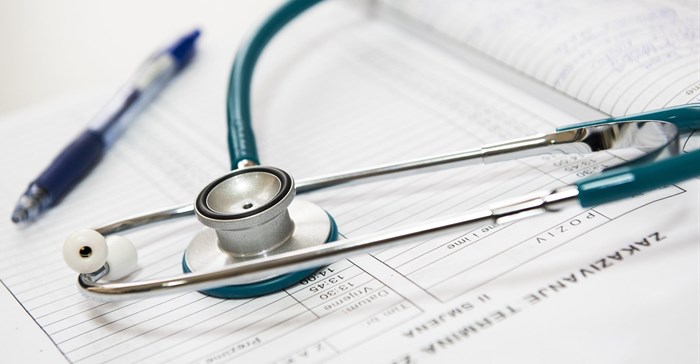






Skyrocketing levels of unemployment and a rising cost of living have led many people to reconsider their expenses, forced to make the hard decisions when it comes to critical items like medical aid cover.
CEO of medical scheme Profmed, Craig Comrie reminds South Africans to remain cautious when reconsidering their health cover in the new year. “Many people may not have a choice as financial circumstances tend to prevail, but it is important to understand that our health is our most important asset so these decisions should not be taken lightly.”
Comrie provides some expert advice on this decision journey that many South Africans are about to embark on. Do they downgrade their existing cover? Do they rather opt for medical insurance? What are the implications for their families and can they really afford to put their health at risk?
At the beginning of every year, thousands of medical-scheme members choose to downgrade to a less-expensive option. This is because each year, members have less disposable income due to rising increases in the cost of living and their medical aid year-on-year. Comrie says members are always questioning the value of premiums verses the benefits they receive, as well they should.
However, he says, members should be guided by what they may need throughout any given year. “They need to be aware of benefit limitations such as annual limits, co-payments and networks of hospitals that are available to them. They should also consider the value of contributions versus the benefits received. For example, should you fall pregnant, the cost of a gynaecologist, anaesthetist plus scans can be limited on the more affordable options, leaving you with extensive co-payments which can be in excess of the lower premiums when downgrading.”
For Comrie, the decision to downgrade your cover demands careful consideration. "If you decide to downgrade, financial discipline will be key. It’s important to put some funds aside for possible future medical expenses that will not be covered by a less-expensive option,” he says.
Comrie says medical aid and medical insurance may seem like the same thing. The truth is that medical aid and medical insurance are two different products. “It is worth mentioning that some medical-insurance products are now more expensive than medical aids, and there are more to these products than just the price point. There are expensive insurance products that pay very little of your claims, while there are expensive medical schemes that cover you comprehensively. You will see that there are a few key differences to these products and comparing them directly is a bit like comparing apples and oranges. Both provide cover for when you’re ill, but there are distinct levels of cover.”
Confusion tends to set in when deliberating the complexities between medical schemes and health insurance. In the end, it comes down to value or a cost vs benefits comparison.
“If you need a range of basic stretching to comprehensive care, then you definitely need a medical scheme. If you are looking for basic cover under R500 a month, then you are probably looking at a very limited health-insurance product,” says Comrie.
Another key difference is that medical-insurance products are profit-driven products where any unused benefits create a profit which is paid to the insurer's shareholders, while in medical schemes any remaining profits (surpluses) are owned by the members of the medical scheme.
In his experience, Comrie says there are two ways medical schemes balance the value equation: They increase contributions and/or they lower the benefits. The problem is, your average member may not find out about the lowered benefit until they try to access it and it’s too late.
“Many make the mistake of only buying medical schemes based on price/cost and not value. This trend will become more prominent in 2021 where we anticipate members will continue to downgrade their cover because of the insecurity of income experienced in 2020.”
Comrie stresses the importance of speaking to a broker and reading the fine print when it comes to medical aids. “If you tap into the right information you can see how prices and benefits change from one year to the next. It’s a mistake to always seek out the most affordable option because that is generally where the print is at its finest and most exclusionary.”